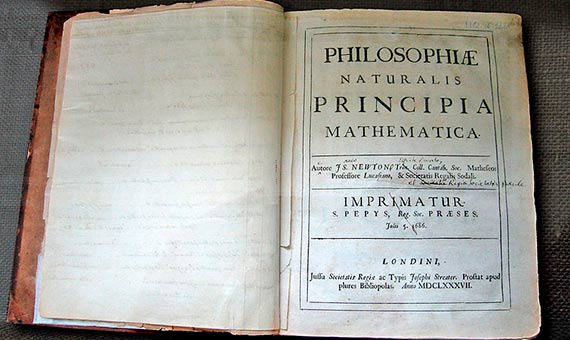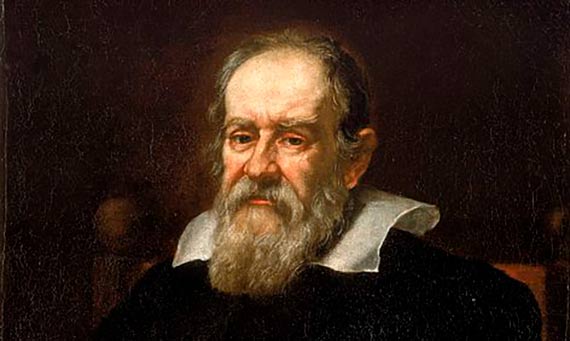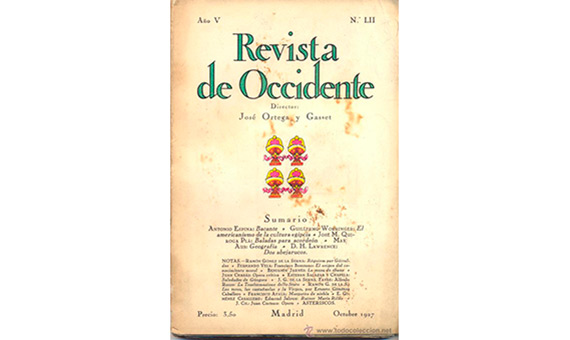It is now widely assumed by most people that the new technologies are opening up a wide array of possibilities in all areas of human life as never before in history. However, we seem to be lagging behind in our reflections of how to make use of these technologies and reconfigure our societies to maximize their full potential. In other words, we need to take another look at some fundamental ethical questions: What is a good life? What criteria do I use to distinguish “good” from “bad”? We are lacking a new ethical and political discourse that prioritizes our purpose as human beings over and above the instrumentality of the technique.

A look into the past reveals that our current technological development has its origins in the 16th and 17th centuries, when a group of scientists consolidated what was known as “modern science”: the experimental method, a new conceptualization of knowledge (the development of theories and laws to explain natural phenomena), and –above all– the search for practical applications to improve people’s lives. Philosophers and scientists like Galileo, Newton and Descartes laid the cornerstone of the modern science we know today. However, these authors and many others not only devoted themselves to science but simultaneously developed and built a new ethical and political paradigm, a narrative of meaning in which the new science had its place. Descartes, in his Discourse on Method, and Kant, in his Critique of Pure Reason, reflected on the possibilities of science and the limits of human knowledge. Other authors like Hobbes, Montesquieu and Locke were instrumental in creating a debate on the constitution of states, nations, and the social contract. Reflections on ethics also significantly engaged philosophers such as the members of the Scottish Enlightenment (Hume, Adam Smith and others), who studied the role of passions as the driver of human action, with reason at their service. Arguably the most influential proposal was that of Kant, who developed a new ethical model based on a concept of universal reason that unites humanity above all other categorizations of race, sex, language and so on, and on people’s capacity to define their own moral standards in response to the impositions of theology or tradition. The new science and the new ethical and political proposals fueled the economic and social development of the last two centuries, and –more importantly– gave meaning to human life.

Science and conscience
Today, in contrast, science and technology seem to have lives of their own, and justify their development through the mere fact of “being scientifically possible”, without recurring or referencing a previously agreed and decided human purpose. We work on the “how”, but not on the “what for”. We are lacking that cohort of people who dedicated their lives to the true purpose of philosophy: thinking about the present. Ortega, in his Medication on Technique (1939), warned of the dangers of “faith in technique”:
“[…] technique, because it is seen as a capability which is in principle unlimited, causes a man who chooses to live his life according to faith in technique and that alone to see his life become drained of meaning… Despite being so full of possibilities, technique is merely a hollow form; it is unable to determine the content of life”.
There is no question that science transformed into technique is no more than a tool, and thus incapable of giving meaning to human life. For example, social networks serve as a “means of transport” for propagating both racist propaganda and procedures for fighting infections. It is we as people who at all times choose the content of these channels and the way they are used. The use of reason involves reflecting on the purpose of human beings: what we want (to live longer, with what quality of life…), what ideas or actions we consider acceptable (our priorities: individuality vs collectivity, freedom vs equality…), how we organize ourselves socially (nation states, country blocks, city leagues…) and how we distribute what we produce (taxes, subsidies, tariffs…). These are the themes debated by ethics and politics; science and the new technologies are only the instruments that help us achieve our aims.

The governance of society on the Internet
For some years now we have seen our technical capabilities expand as never before in history, and particularly our capacity to process information and anticipate natural phenomena or human behavior. After all, algorithms have existed since the dawn of mathematics with Pythagoras and Euclid –the difference is that our data processing capacities have multiplied exponentially. However, it is difficult today to see what form of governance we need to make use of all this technological potential in a world where the social space is becoming transformed into an “online society”. It is clear that the current political systems are unable to assimilate the speed of change driven by technology; nation states and international bodies cannot cope with global problems like the allocation of resources, climate change, migration and local armed conflicts; and citizens feel that their political representatives do not offer effective solutions to their problems. This situation leads to frustration and a return to solutions from the past such as certain strains of nationalism and populism. As at other times in history, the tools we have in our possession exceed our capacity for understanding and the consequences of their application, highlighting the ineffectiveness of our system of governance in applying them to further our commonly agreed human purposes.
Professor Luciano Floridi developed some interesting studies in which he maintains that we are in a transition from History to Hyperhistory; in the latter, data become the essential resource for progress and for individual and social well-being. In Hyperhistory, the states lose their capacity to control information within their territory, a role that is assumed by a multitude of agents, who may be transnational bodies like the European Union, companies like Amazon, social networks and other non-government organizations.
This naturally leads to a redistribution of power within the nation state toward other transnational bodies in the configuration of the political and social space; with the loss of control over information flows in its jurisdictional territory, the state and its representatives have only a limited capacity to act.
As occurred during the emergence of the Greek polis in the fifth century A.D., or the creation of the modern state in the 16th century, we are being pushed to imagine and act to create a new political order. The conflict between the new as it struggles to be born, and the old as it resists in a bid to maintain its privileges, may ultimately drive us to rethink certain ideas considered as dogmas, such as national identity, the system of political representation and the concept of “borders”. Some authors like Alain Badiou have analyzed the importance of certain historical moments when the possibility arose of creating new forms of social and political organization. Badiou speaks of this event as the “moment of philosophy” or the possibility of thinking the unimaginable, of thinking outside the system, of questioning the essentials and creating a new order. We are probably immersed in that event offered by the new technologies. This is the time for founders, for dreamers, for creators of utopias; we need to see the emergence of a new thought that builds a new political and ethical discourse to give meaning and shape to our lives in a digital environment. Should we stand by and let things happen, or should we take control? Do we decide what we want as humans and start to design the world of the coming decades? The decision is up to us, not to the algorithms.
Comments on this publication